Born from the thirty-year experience of its founder Claudio Di Pietro, a pioneer in the installation and maintenance of the first methane gas plants for civil and industrial use.
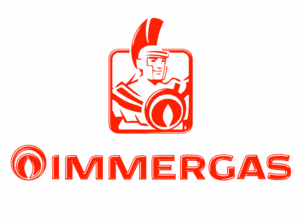
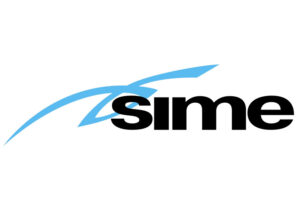
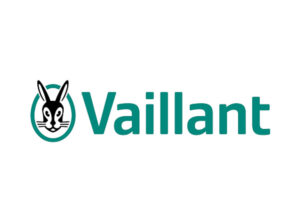
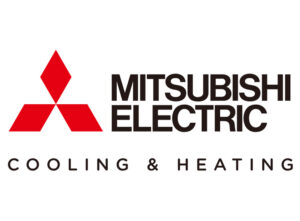
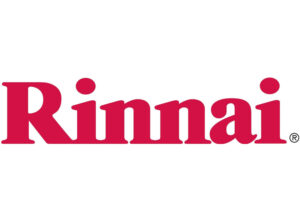

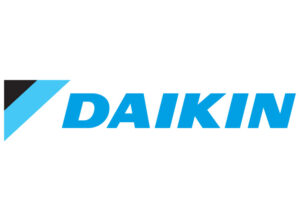

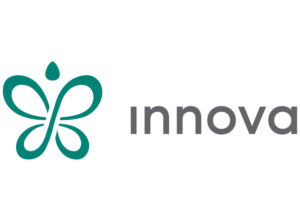

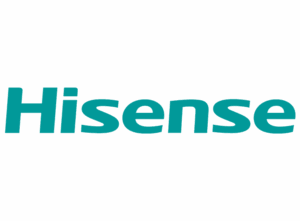
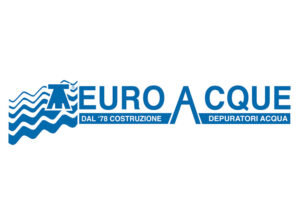
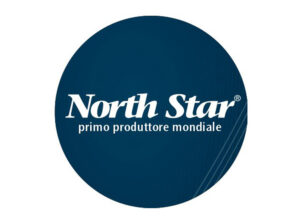
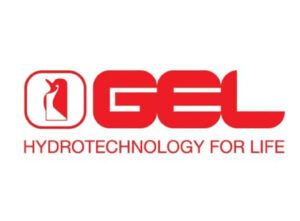
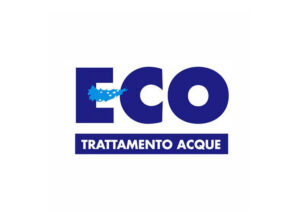
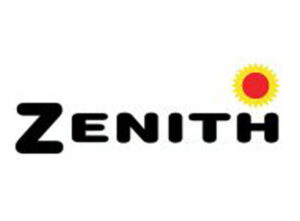

P.A.C.I. Tec is an independent family-run business, born from the thirty-year experience of its founder, Claudio Di Pietro, a pioneer in the installation and maintenance of the first natural gas systems for residential and industrial use.
The company is now undergoing a major transformation with a new location in the LA MONACA shopping center, and the reins have been passed to his son, Davide, a young but skilled and professional worker, thanks to his father’s teachings.
We offer our customers personalized and certified assistance services for ordinary and extraordinary maintenance, consulting, and assistance on boilers, air conditioners, water softeners, pellet stoves, and solar panels.
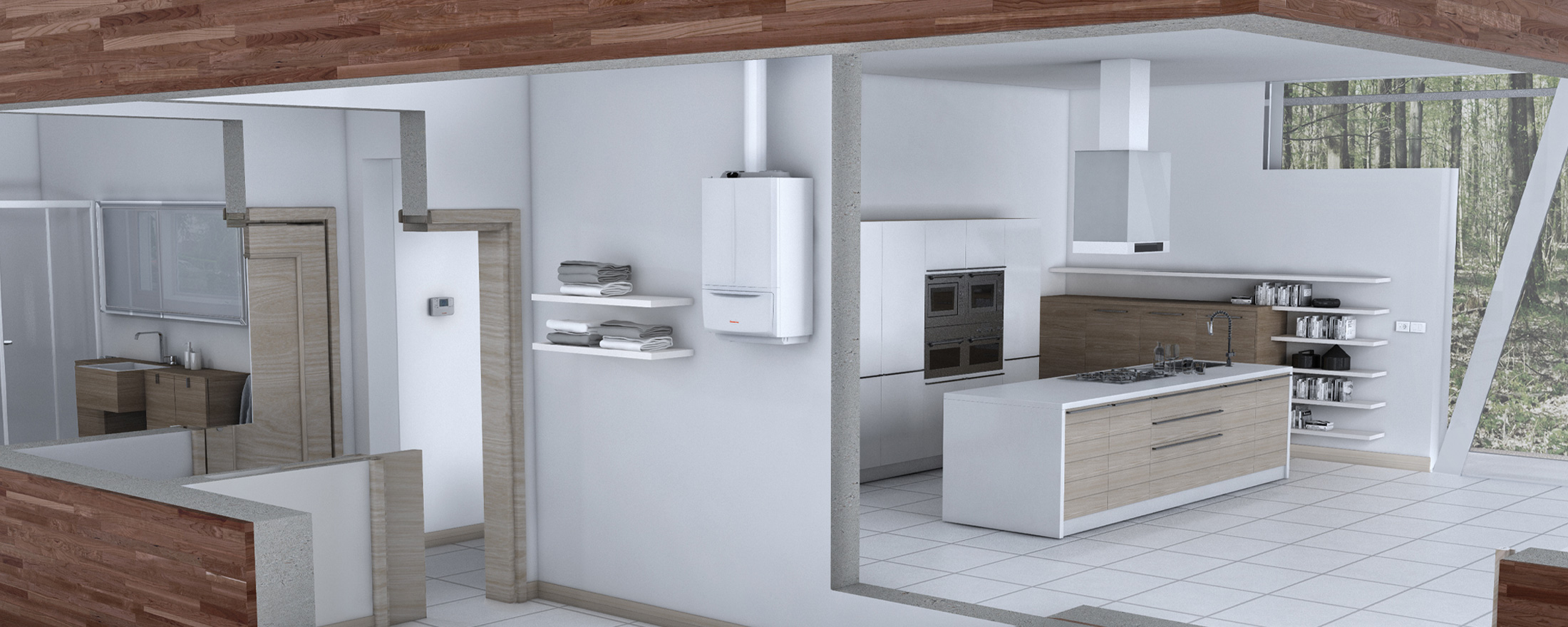

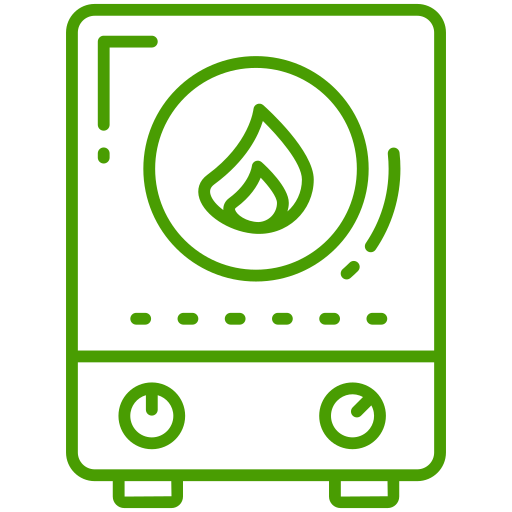
Boilers | Certified Assistance & Maintenance

Climate | Air conditioning and heat pump maintenance and repair

The most advanced solution for heating, cooling and producing domestic hot water with renewable energy sources.

It is an air conditioning system that heats, cools and produces domestic hot water using only electrical energy, without the need for fossil fuels such as gas.
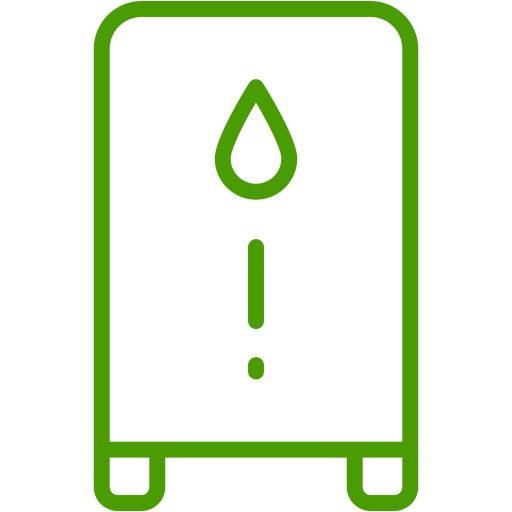
The line of gas water heaters represents the new frontier in hot water production for SIMPLE INSTALLATION, SAVINGS and COMFORT.
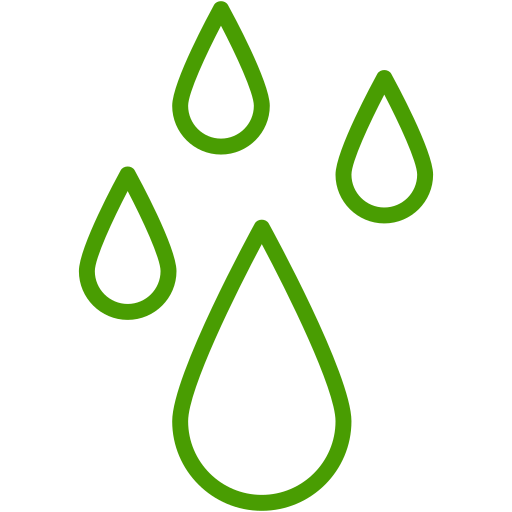
Water Softeners | Water Softener Maintenance and Repair Assistance
Solar Thermal Panels allow you to heat domestic water for everyday use without gas or electricity, but simply using the sun.
A water softener is a device that reduces the hardness of water, or the amount of limescale (calcium and magnesium salts) dissolved in it. It works through a process called ion exchange: hard water passes through a resin that captures the calcium and magnesium ions, releasing sodium ions in their place. The result is “softened” water, free of limescale.
Softened water offers numerous benefits:
Yes, softened water is generally safe for human consumption, unless there are specific health concerns, such as those following a low-sodium diet. Softening slightly increases the sodium concentration in the water, but the value usually remains within the limits established by the World Health Organization for drinking water. It is always advisable to check local regulations and, if possible, bypass the softener for water intended for direct consumption.
Water softener maintenance is relatively simple. The main thing to do is periodically add salt to the tank. This salt (sodium chloride) is essential for the regeneration process of the resins, which occurs automatically and restores their ion exchange capacity. It’s also recommended to have a technician perform an annual checkup to ensure the system is functioning properly.
The frequency with which you need to refill the salt depends on your water consumption, its initial hardness, and the size of the softener. Generally, it’s a good idea to check the salt level every 1-2 months and refill it when the level drops below halfway in the tank. Many newer models are equipped with an alarm or sensor that alerts you when the salt is running low.
If you notice that your water softener is no longer producing soft water, first check the salt level in the tank and make sure a solid “crust” hasn’t formed. If the problem persists, or if you notice leaks or unusual noises, contact a specialized technician for an inspection and repair.
A photovoltaic system is a system that converts sunlight directly into electrical energy. The main components are solar panels, made up of silicon cells that, when hit by sunlight, produce direct current. This current is then transformed into alternating current (the one we use at home) by a device called an inverter.
Solar panels offer numerous advantages:
No, solar panels require minimal maintenance. The main task is periodic cleaning to remove dust, leaves, or dirt that can reduce their efficiency. Typically, one or two cleanings a year are sufficient. In the event of heavy sandstorms, additional cleaning may be necessary. It is also advisable to have an annual checkup performed by a specialized technician to verify the proper functioning of the entire system, especially the inverter.
Photovoltaic panels have a very long lifespan. Most manufacturers guarantee that they will retain at least 80% of their initial efficiency after 25-30 years. The inverter, which is the component most subject to wear and tear, has an average lifespan of about 10-15 years and may need to be replaced once or twice over the life of the system.
Installation is possible on almost any roof, but for optimal efficiency, the roof must have the right characteristics. The ideal orientation is south, with a slope between 15° and 35°. It is essential that the installation area is not subject to shading by trees, buildings, or other structures to ensure maximum energy production during the day.
The greenest and most energy-efficient choice for a home is almost always a heat pump system, and even better, an all-electric system, perhaps supported by photovoltaic solar panels.
A heat pump doesn’t produce heat, but transports it. It uses a renewable source (air, water, or earth) to transfer thermal energy from one space to another. This makes it extremely efficient: for every kWh of electricity consumed, it can produce up to 4-5 kWh of thermal energy.
The advantages are clear:
To make the heat pump the definitive choice, the next step is to combine it with a photovoltaic system. This way, the electricity needed to run the heat pump is produced directly on the home’s roof. This offers a double benefit:
If a fully electric system isn’t feasible (for example, due to poor building insulation), the next best option is a hybrid system. This system combines a heat pump with a condensing boiler, automatically choosing which of the two generators to activate to maximize savings. It’s the ideal solution for renovations, offering excellent efficiency while maintaining the flexibility of a gas system.
We are the first structured company in the region to offer integrated services in the field of technological systems.